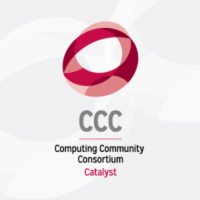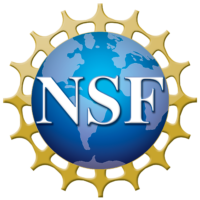CRA Committees Respond to NSF Request for Information on New Technology, Innovations, and Partnerships Directorate: Seek Additional Community Input
By Catherine Gill, Program Associate, CCC
In April 2023, the National Science Foundation (NSF) published a Request for Information (RFI) to inform the development of a roadmap for the recently established Technology, Innovations, and Partnerships (TIP) Directorate. This roadmap will help guide TIP’s investments in translational use-inspired research to maintain US competitiveness in scientific research.
The Computing Research Association (CRA) submitted two responses: a joint response from the Computing Community Consortium (CCC) and CRA’s Government Affairs Committee (GAC) and another from CRA-Industry (CRA-I). The joint CCC/GAC response can be viewed here and the CRA-I response can be viewed here.
In the joint CCC and GAC response, the authors comment on workforce development, addressing societal challenges, and general suggestions for the framework of the new TIP Directorate. For workforce development, they recommend solutions to improve AI literacy amongst the US populace and guidance for developing AI applications which are robust and ethically conscious. The authors also recommend that TIP partner with other government organizations during the proposal review and R&D process for funded projects, since these organizations, such as the Department of Defense and the National Institute of Health, have experience with establishing similar efforts, and may have invaluable insight to provide. In addition to involving other government agencies, the committees advise that TIP commit to certain research areas in the long term, to ensure that the research conducted evolves into real world deliverables which will benefit the nation. Finally, the CCC and GAC suggest that the kind of accelerated, use-inspired research that TIP hopes to fund will require more resources than a typical NSF funded project, because of the accelerated timeline. These projects will require expert researchers working on these projects fulltime, and will need a support infrastructure of project managers, business developers, engineers, marketing experts, and many others to transfer their ideas to real world solutions.
In the CRA-I response, the authors address many similar points, such as broadening participation of underrepresented groups in these funded programs and developing curricula to prepare the next generation of workers for a quickly changing job market. CRA-I highlighted some additional points that complement the CCC and GAC response, including advising that TIP partner with start-ups and “pre-startup” companies, especially those focused on emergent areas of research to consider novel solutions which may not be focused on by large companies. They also advise TIP to consider functioning differently than a typical NSF directorate. The authors suggest that TIP take advantage of its breadth and strive to achieve those priorities which fall through the gaps between other agencies. Acting as a coordinator across these agencies could allow TIP to accomplish tasks of national priority without duplicating efforts of other agencies.
CRA and the computing research community are very excited to watch the TIP Directorate become a major enabler of translational research in the United States, and we are thrilled to have had the opportunity to share input for the Directorate’s Roadmap.
We are interested in hearing your feedback on our RFI responses and your thoughts on TIP, in general. If you have any comments or feedback on these responses, please share them here. All of the feedback we receive will be treated anonymously. We will summarize the feedback we receive and post an anonymized addendum to our RFI responses to the CRA website. The deadline to submit feedback is August 31st.









